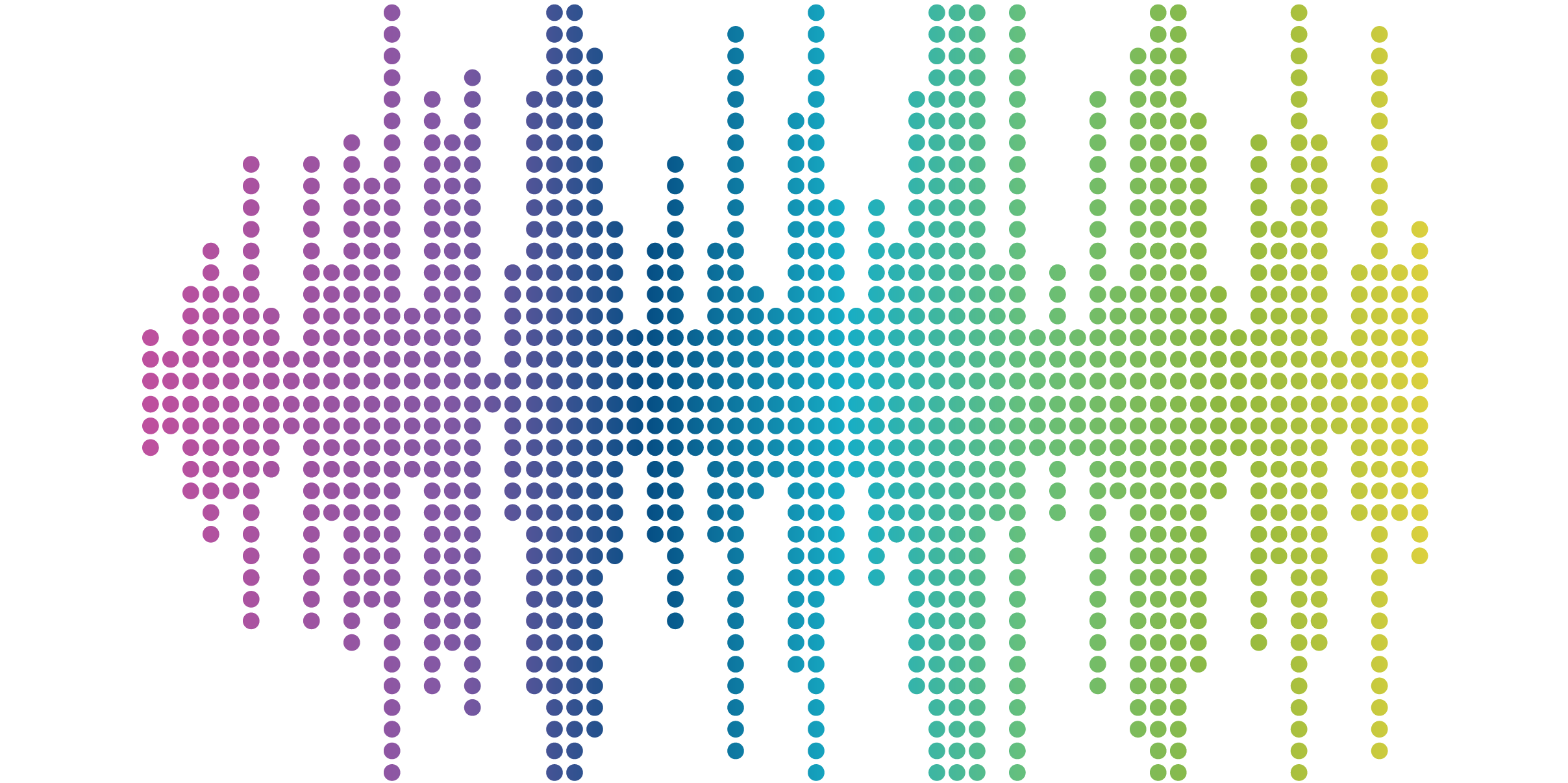
PHP 8.1- Security Updates You Need to Know
As of now, 77.6 percent of all websites are running on PHP, which is a widely used open-source, general purpose scripting language suited for web development. Of those sites, 71.2% of them are still on version 7.
Considering that PHP 7 was officially released on Nov. 28, 2019, most site owners can agree it’s been a reliable language for years. That being said, initial support for PHP 7 ended on Nov. 28, 2021.
Critical security updates continue to be available at the time of writing, but these updates will cease on November 28, 2022, leaving millions of websites potentially vulnerable.
As site owners, we recommend that you prepare for the transition to PHP 8.1 so that you can keep your websites secure from potential threats and set up for long-term sustainability.
What does the PHP 8 update offer?
PHP 8.1 is a massive step forward for website development and maintenance. The upgrade to PHP 8.1 provides some key feature improvements, including:
- Less load, improved responsiveness, and performance of website servers.
- Ability to run more complex scripts more efficiently than before.
- On the technical side, PHP 8.1 includes many new features including enums, read-only properties, first-class callable syntax, fibers, intersection types and more.
Because of these improvements, the upgrade could result in a potential reduction in operating costs. In addition, PHP 8.1 will have active support and security updates planned through Nov. 25, 2024. With PHP 8, your website will remain secure for years to come.
What goes into a PHP update?
Moving from PHP 7 to PHP 8.1 requires more than flipping a switch. Depending on the website, a developer will need more than just a few hours to complete an update to PHP 8.1.
In addition to the PHP update, a website may be running on an operating system that is not compatible with PHP 8.1. Older versions of CentOS and Ubuntu may need to be updated to their latest version in order to run PHP 8.1.
Prior versions of Solr search may also not be compatible with PHP 8.1. We recommend updating to the latest version of Solr along with your PHP upgrade.
And particularly for organizations undergoing migrations, upgrades, or rebuilds from prior versions of Drupal (e.g., Drupal 7, 8), PHP 8.1 is required for the newest versions of Drupal (9.4 and 10.)
What can you do today?
Don’t wait! If you’re unsure what version of PHP you’re running and whether your website is ready for an upgrade, please reach out to us! We’ll run a quick diagnostic and analysis to provide you with a plan and level of effort.
And if you’re a client of Sandstorm, we’d love to review the plan and timing for the PHP upgrade. Connect with us today to discuss our next steps!




